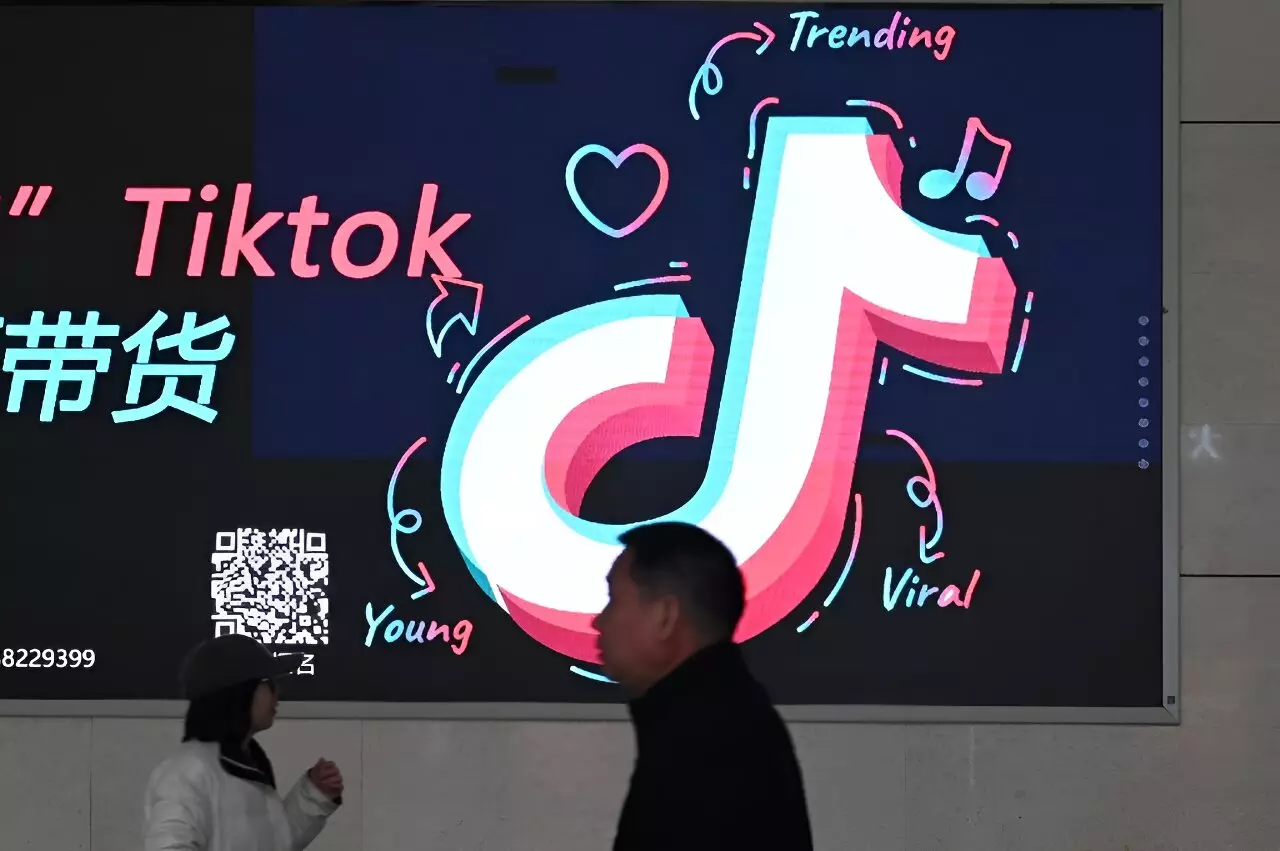The recent lawsuit filed by the United States against TikTok has brought to light serious allegations of the app violating children’s privacy by collecting data about them without the permission of their parents. This accusation underscores a major concern regarding the safety of children who use the popular video-sharing app.
The Department of Justice and Federal Trade Commission (FTC) have come together to accuse TikTok of breaking the Children’s Online Privacy Protection Act (COPPA). This act prohibits websites from gathering personal information about children under the age of 13 without parental consent. The lawsuit argues that since 2019, TikTok has allowed minors to use the app while collecting and using their personal data without parental knowledge.
In response to a legal bid by ByteDance to prevent the forced sale of TikTok, the US Justice Department has labeled the app as a national security threat. The concern lies in TikTok’s extensive user data collection practices, which could potentially be exploited by China to undermine American interests. The US government argues that the national security law, which mandates the sale of TikTok, is not a violation of free speech as claimed by the app’s parent company.
Looming Ban and First Amendment Rights
With a bill signed by President Joe Biden setting a deadline for TikTok to find a non-Chinese buyer by mid-January 2025, the app’s future in the US hangs in the balance. TikTok has adamantly stated that they have no intentions of selling the app, leaving the ongoing lawsuit as their only recourse to avoid a ban. The company argues that a potential ban would infringe on the First Amendment rights of the app’s 170 million American users.
The legal battle between TikTok and the United States has escalated, with both parties presenting compelling arguments to support their positions. While TikTok claims that the ban would stifle free speech and silence millions of voices, the US government asserts that the concerns surrounding national security outweigh any allegations of censorship. The case is expected to make its way to the US Supreme Court, where a final decision will be reached.
The ongoing legal dispute between TikTok and the United States raises important questions about privacy, national security, and individual rights. The outcome of this case will not only impact the future of the popular video-sharing app but also set significant precedents in the realm of online data collection and user privacy. It remains to be seen how this complex legal battle will unfold and what implications it will have for the intersection of technology, national security, and free speech.


Leave a Reply